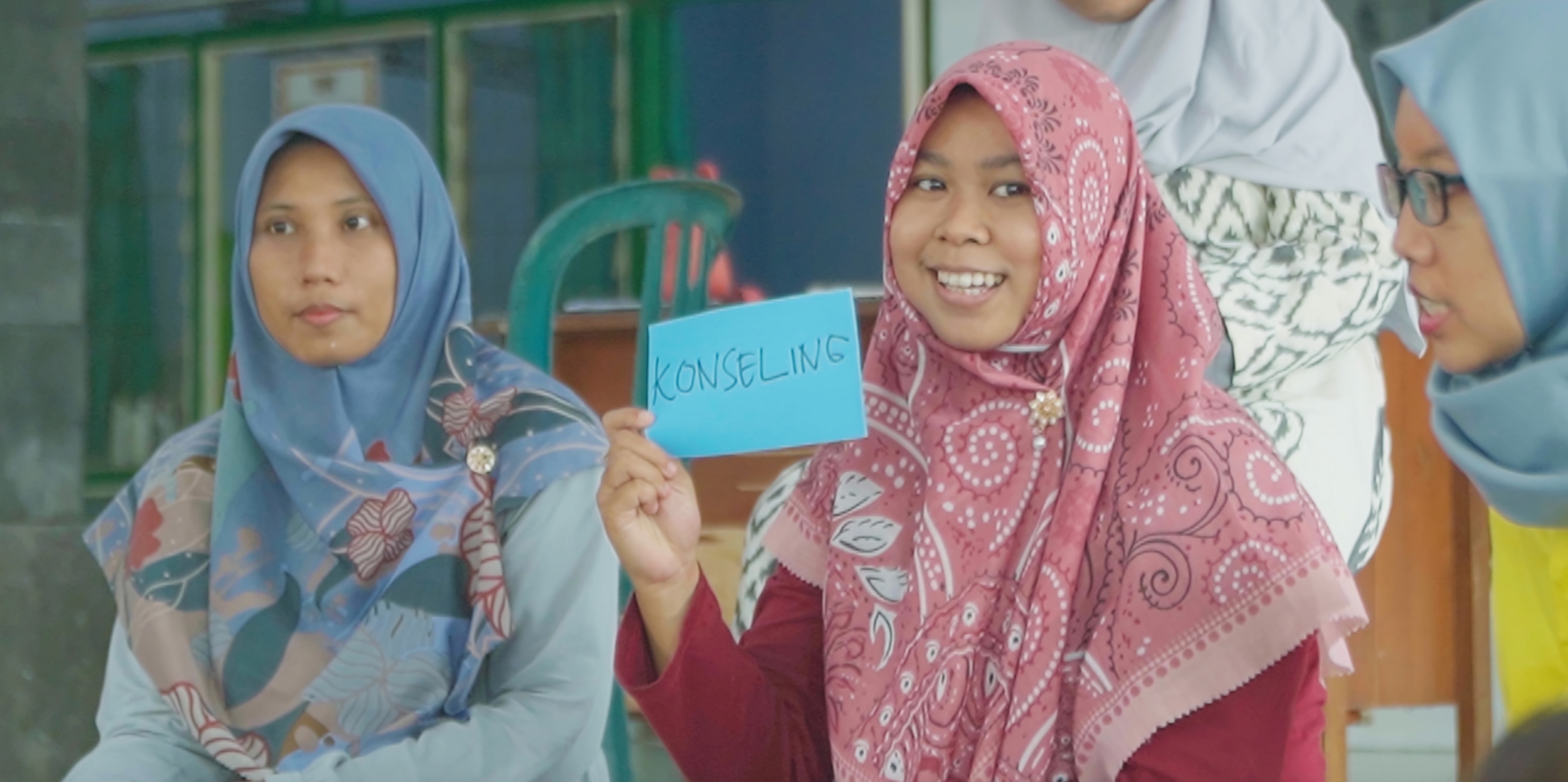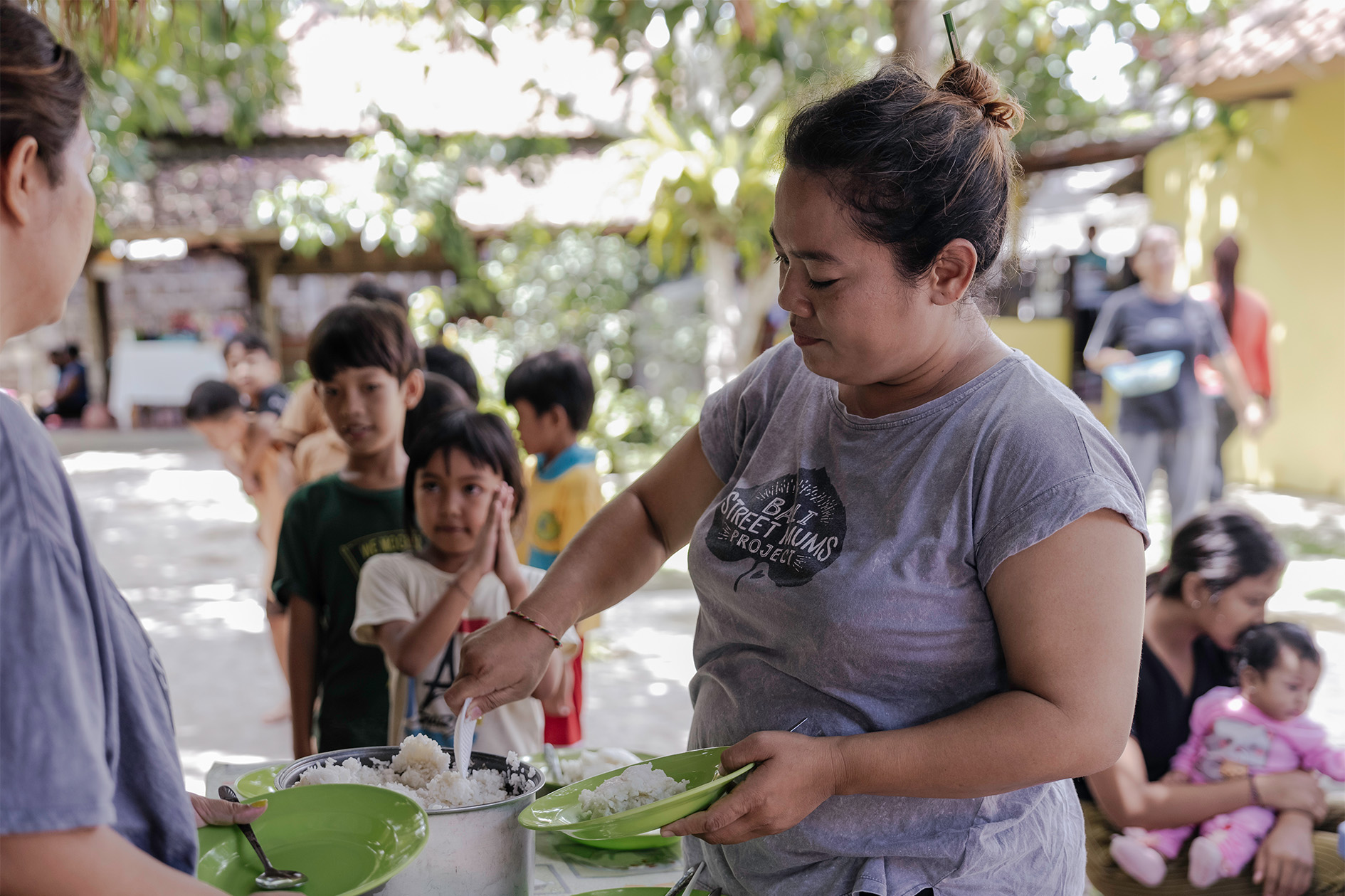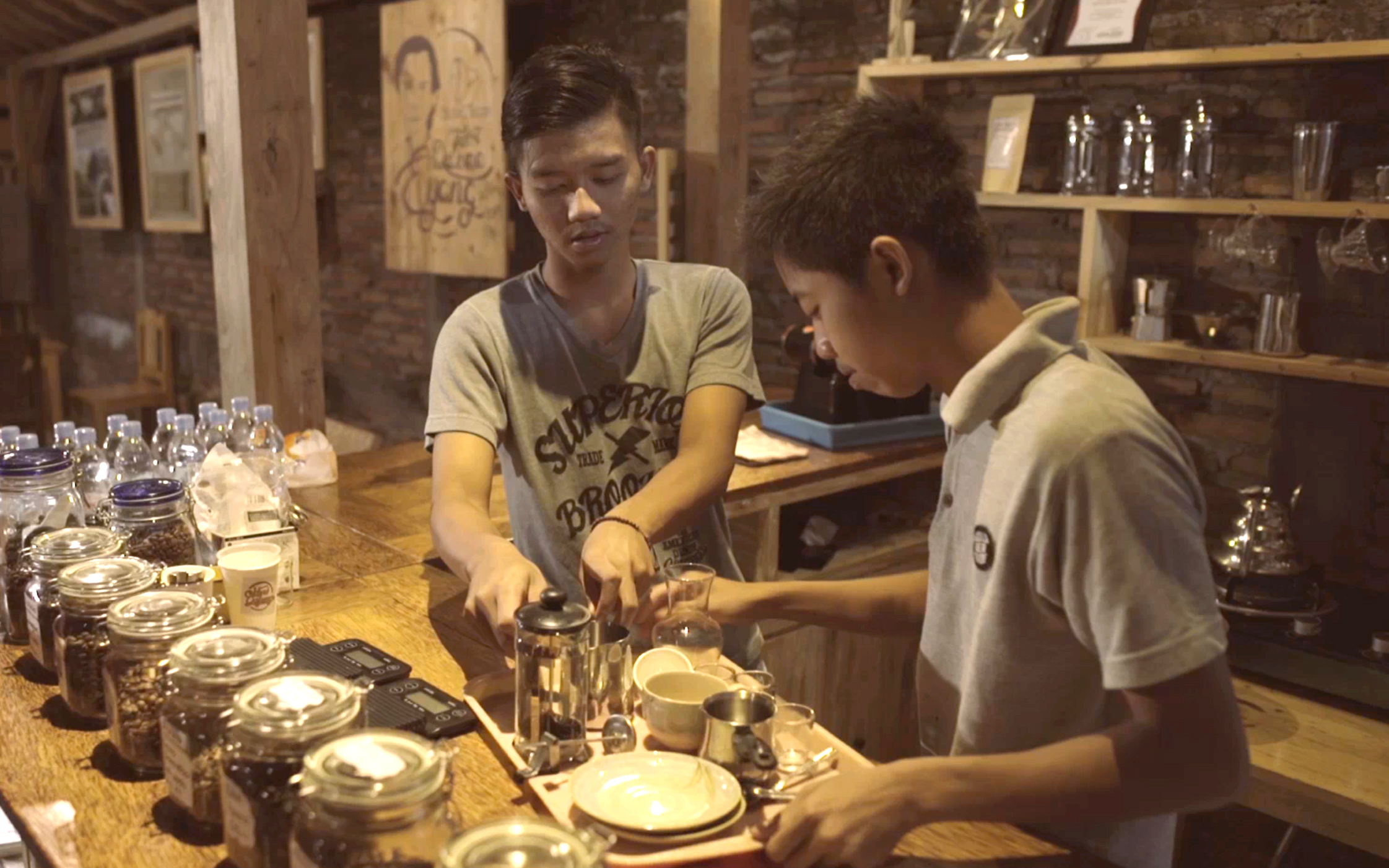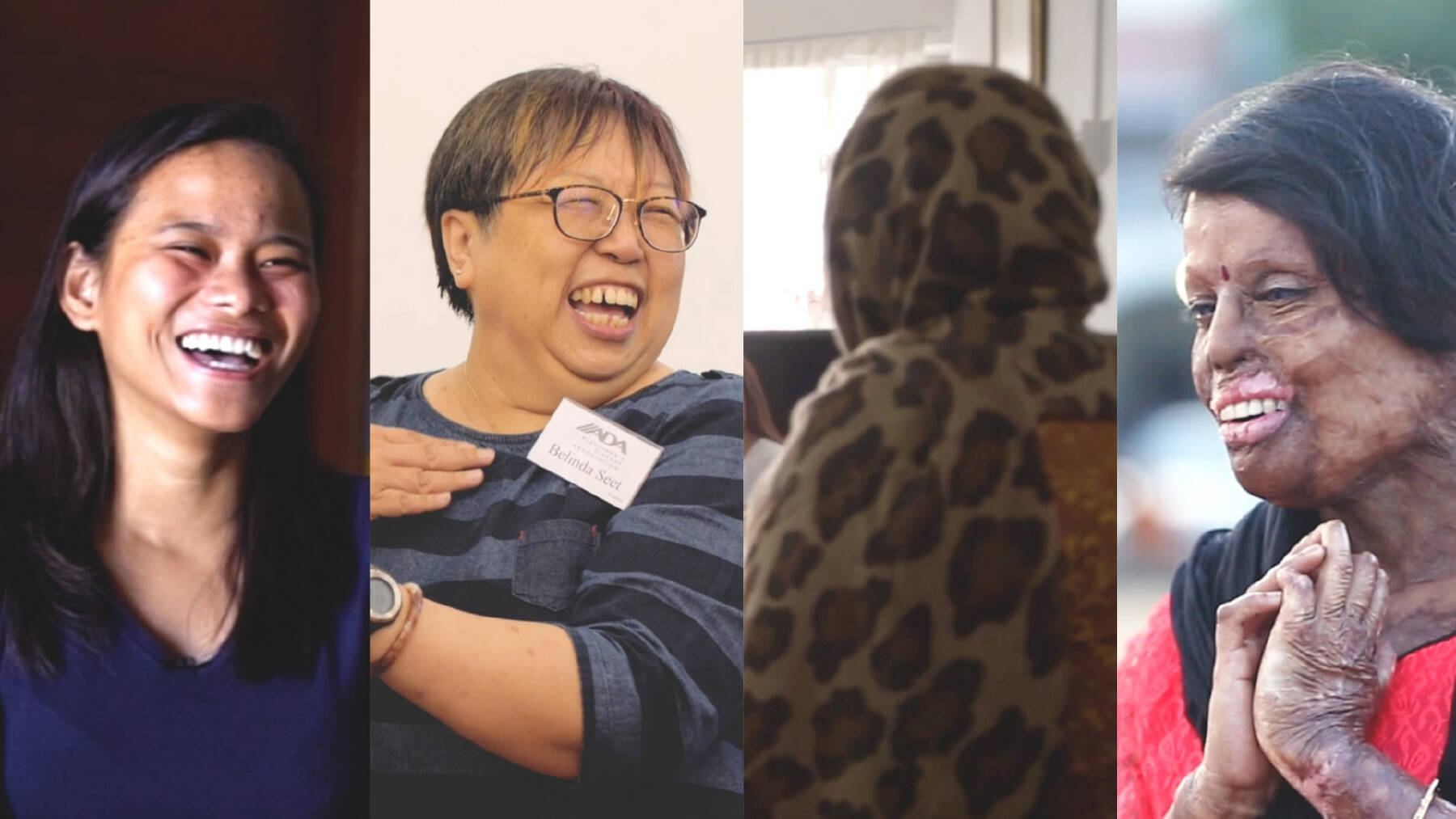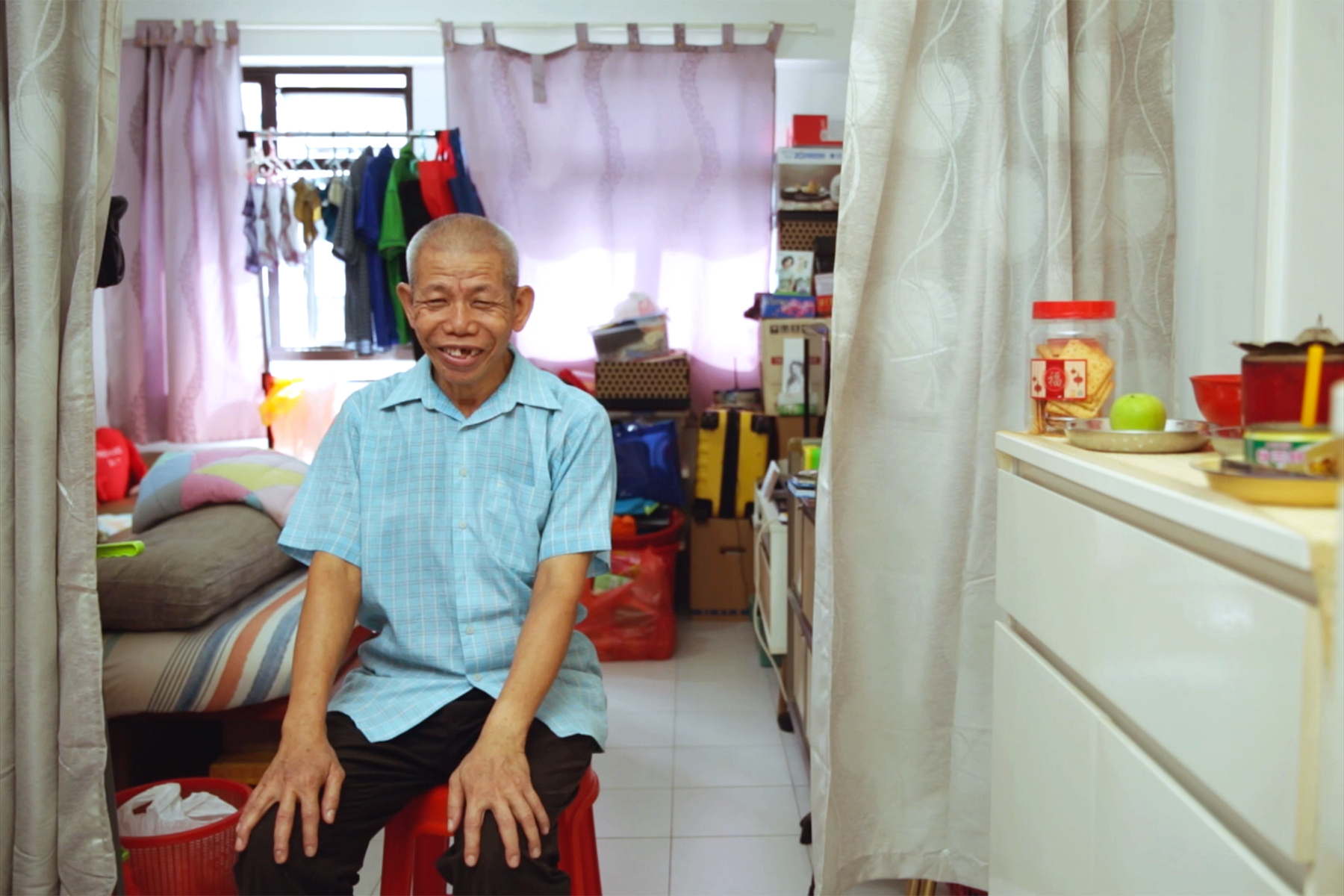The One Sh*t Story That’s Good for the Planet
You wouldn’t think a herd of pooping cattle would be a massive problem, but it is — organic waste management is a headache in many areas of rural Indonesia.
Many farmers leave waste from livestock and crops on their farms, or throw the waste into rivers, causing environmental problems such as eutrophication. Methane emissions from animal flatulence also contribute to the smell and pollution, and has been found to be more potent than carbon dioxide when it comes to warming the planet.
Yayasan Rumah Energi is an organisation based in Indonesia that is hoping to change how organic waste in rural communities is managed. One of their programmes, Biogas Rumah (BIRU), is encouraging the use of biogas in homes or by small businesses.
Biogas is a gas produced when organic waste undergoes anaerobic digestion -- biodegradable material breaking down in the absence of oxygen. The gas is then piped into homes for cooking or for lighting gas lamps. The fermented remains become bio-slurry, a cost-free, all-purpose fertiliser.
This process takes place in a biogas digester. BIRU engages local NGOs to help rural communities build the digesters, which range in size and price.
“The potential of biogas is great in Indonesia because of the enormous quantity of cattle. A large amount of cows, pigs, fowls and other agricultural waste is available,” says Wilhemus Leang, a provincial coordinator for Yayasan Rumah Energi.
Theresia Rukyatun runs a small milk-producing business in Yogyakarta, Indonesia. She invested in a biogas digester when she built her cattle farm. “Our goal is modest, to be energy efficient,” she says.
Because her farm pasteurises their own milk before it is packed and sold, production costs are high, especially since hers is a small business. She used to spend 1.5 million to 2 million rupiah (US$110 to US$150) a month on liquefied petroleum gas (LPG) on pasteurisation alone.
Now, with biogas, Theresia does not need to pay for LPG for production. The money she saves translates into more benefits for her employees.
“We can increase their salary, and we can invest more in our storage,” she says.
Theresia is not the only one benefitting from biogas. Throughout Indonesia, many farmers and small-business owners are using biogas in different ways. These include tofu and tempe producers, goat farmers, fish farmers and many more.
“We farmers actually have a lot of resources around us,” says Theresia. “All we need to do is manage our farming waste.”
BIRU hopes that more farmers and business owners like Theresia will start becoming more sustainable in their practices.
“We engage with the public to think about renewable energy because it is inexhaustible,” says Wilhemus. “The availability of biogas will last alongside the availability of organic waste on earth.”
Find out more about BIRU and the work they are doing throughout Indonesia.
Get in touch to find out more about how you can make use of biogas for your own business.
About Biogas Rumah
Contributors
Director
Cinematographer
Editor
Producer
Executive Producer



